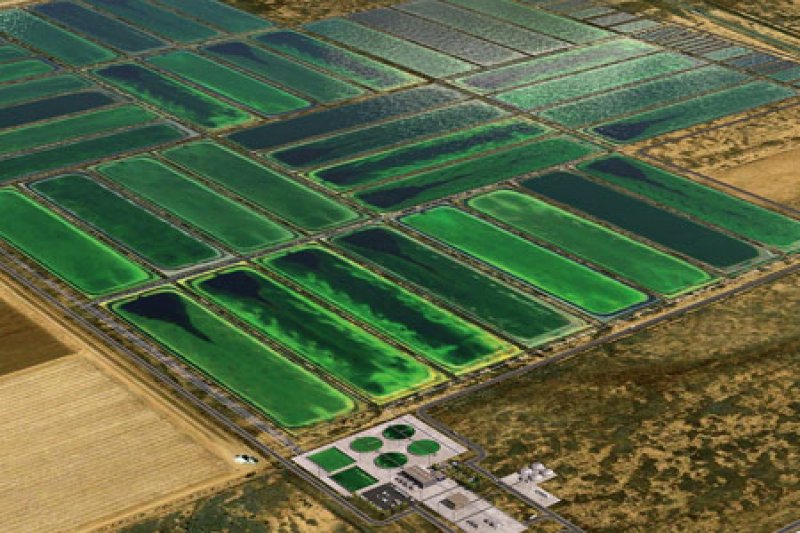Scientists hoping to meet the Paris climate accord goal of limiting global temperature rise to less than two degrees Celsius think they might have a new solution: marine microalgae.
Not only can these fast-growing single-celled plants provide biomass for carbon-neutral fuels, they can provide animal feeds and high-quality protein supplements for a human population that looks to be headed for a peak of about 9.5 to 10 billion, says Charles Greene, an environmental scientist from Cornell University, New York, US.
It might even be possible to convert algae into bioplastics for building materials that permanently remove carbon dioxide from the air, he adds.
Greene recently presented his arguments at the American Geophysical Union’s biannual ocean sciences meeting, in Portland, Oregon.
The plan starts with cultivating the algae on land, where there is no risk to marine ecosystems. The same could be done with fresh-water algae, but that would compete with other needs in an increasingly water-strapped world.
…
Australian coastal deserts, he adds, are among the best locations, along with those in the Middle East, Africa, and South America. In these places, he says, “we envision ribbons of algae farms as far as the eye can see.”
…
[M]arket analysts estimate that within five years, the global market for algae-derived food ingredients could reach $400 billion.Read full, original post: Algae could be major new food source, major new industry































